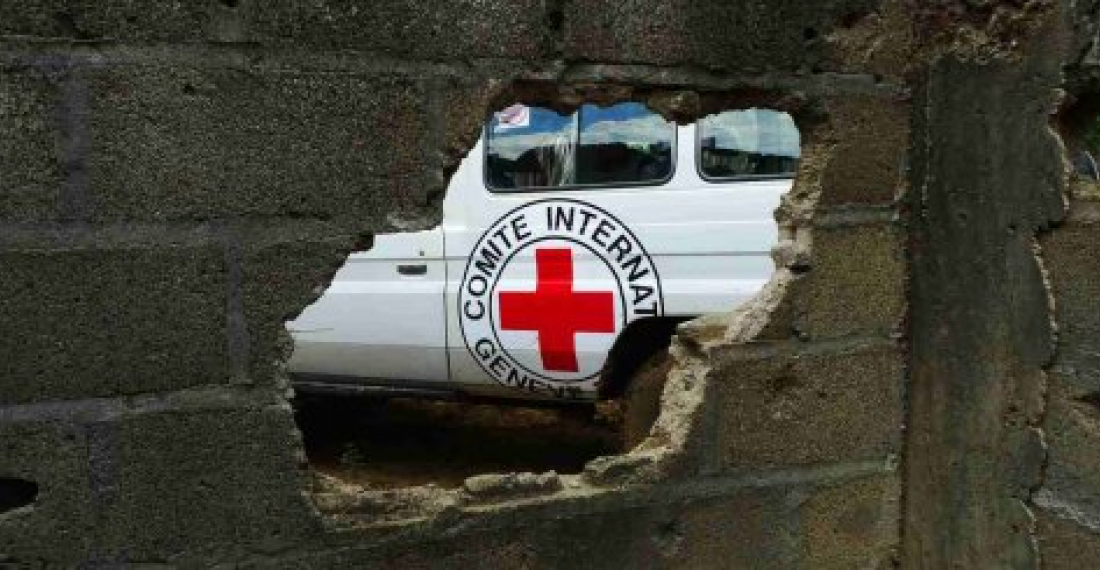The International Committee of the Red Cross (ICRC) estimates that hundreds of thousands of people have been affected across the South Caucasus region as a result of the ongoing escalation of the Nagorno-Karabakh conflict
In a statement issued in Geneva on Tuesday (13 October) Martin Schuepp, the Eurasia Regional Director of the ICRC, expressed a 'deep hope' that the sides of the conflict over Nagorno-Karabakh would respect the humanitarian ceasefire. We publish the statement here in full:
"Today, we are more than two weeks into a period of intense violence as the Nagorno-Karabakh conflict escalates. We estimate there are hundreds of thousands of people affected across the region.
Civilians are dying or suffering life-changing injuries. Homes, businesses and once-busy streets are being reduced to rubble. The elderly and babies are among those forced to spend hours in unheated basements or to leave their homes for safety.
On top of this, healthcare facilities, health workers and ambulance services are straining to cope or even suffering reported direct attacks in places. There is upheaval, loss and fear in communities on both sides of the line of contact.
It is our deep hope that the humanitarian ceasefire agreement will be abided by and will translate into meaningful relief for these people.
As such, the International Committee of the Red Cross remains ready to facilitate the handover of bodies of those killed in action and the release of detainees. The sides must agree on a format between themselves.
We are in continuous discussions with them, passing proposals back and forth. Operational and logistical arrangements must be in place and the safety of our teams guaranteed, for the operation to begin.
We are not involved in the political negotiations. Our role is strictly humanitarian, as a neutral intermediary. We have long-standing experience of this in conflicts worldwide.
In terms of our response, we are working in the region to alleviate the suffering of those caught up in this.
We are distributing emergency cash assistance and hygiene kits to hundreds of families, providing emergency medical kits to hospitals and forensic support to authorities, and doing field assessments where we can.
And we are working closely with the Armenian Red Cross and the Azerbaijani Red Crescent as they respond to this emergency.
We project that at least tens of thousands of people across the region will need support over the next few months.
To this end we have issued an emergency appeal of an additional 9.2 million Swiss Francs and have already started to receive generous donations from governments, for which we are very grateful.
I will leave you with the experience of one mother who spoke to us - she described how as a child she sheltered in basements and spent nights in the forest to escape the fighting. Almost 30 years later, she is once again forced to do the same thing, this time with her little daughter - barely 2 years old - and her elderly parents, who had once protected her all those years ago.
There are many more like her and for all their sakes we must be there to support and facilitate meaningful humanitarian action where we can."
source: commonspace.eu with ICRC, Geneva







